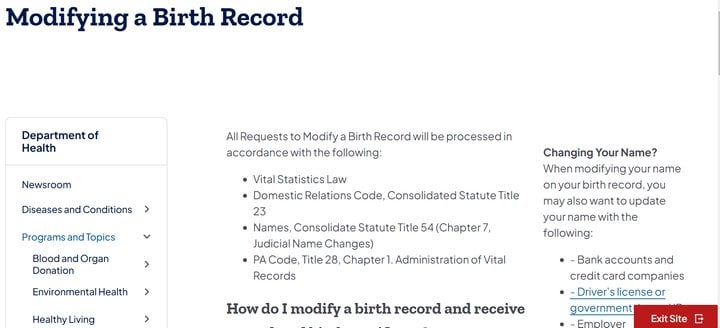Creative piece about the Harding Administration
[media=https://youtu.be/CCQyJXgoubE]
I bought a farmhouse in Connecticut in 1923, back when Warren G. Harding was president. Life was good until the Great Depression hit. I lost the farmhouse and made my way to New York, where I lived on the streets, begging for dimes. "Brother, can you spare a dime?" became my mantra. I survived the 1930s, but then the war came, and I was drafted. I served in World War II—the big one. I landed in Normandy on June 6, 1944, and fought through northern France, somehow making it through.
After the war, I was haunted by depression. Life became an ongoing struggle, an endless trial. Things only began to turn around during the Eisenhower years. I took advantage of the GI Bill, went to Harvard, and earned a degree in philosophy. By the 1960s, I was living in Boston—wild years, those. I managed to carve out a decent career as a professional philosopher. People liked my message: Live and Let Live.
Then the 1970s hit, and everything unraveled again during the Carter administration. I returned to New York, back on the streets, begging for dimes once more. "Brother, can you spare a dime?" echoed in my mind. In 1981, I wrote to President Reagan, pleading for a job at the State Department, but I never received a reply.
Things seemed hopeless. But with the Cold War’s end in 1991, my career unexpectedly revived. The 90s were a good decade for my "Live and Let Live" philosophy. Laissez-faire was in vogue, capitalism was flourishing, and everything seemed to be on the upswing.
In 2001, I hoped George Bush would save the world. He didn’t. The shock of 9/11 left me shattered. Throughout his administration, I was plagued by a sense of foreboding, as if the good times were slipping away for good.
By 2008, after the financial crash, I hit rock bottom. I couldn’t bear it anymore. If George Bush couldn’t save the world, who could? I spiraled into despair and was eventually confined to a mental hospital. The doctors were baffled by my case. They said I was beyond help, consumed by depression and nostalgia for the Harding administration—the days when I had a farmhouse in Connecticut, and life felt full of promise.
I told my psychiatrist I believed a black president could lift America out of its despair. He thought I was delusional. “America will never elect a black president,” he scoffed. They strapped me into a straitjacket, certain I was a lost cause, clinging to my laissez-faire ideals and my improbable dreams of a black president leading the country out of its misery.
I bought a farmhouse in Connecticut in 1923, back when Warren G. Harding was president. Life was good until the Great Depression hit. I lost the farmhouse and made my way to New York, where I lived on the streets, begging for dimes. "Brother, can you spare a dime?" became my mantra. I survived the 1930s, but then the war came, and I was drafted. I served in World War II—the big one. I landed in Normandy on June 6, 1944, and fought through northern France, somehow making it through.
After the war, I was haunted by depression. Life became an ongoing struggle, an endless trial. Things only began to turn around during the Eisenhower years. I took advantage of the GI Bill, went to Harvard, and earned a degree in philosophy. By the 1960s, I was living in Boston—wild years, those. I managed to carve out a decent career as a professional philosopher. People liked my message: Live and Let Live.
Then the 1970s hit, and everything unraveled again during the Carter administration. I returned to New York, back on the streets, begging for dimes once more. "Brother, can you spare a dime?" echoed in my mind. In 1981, I wrote to President Reagan, pleading for a job at the State Department, but I never received a reply.
Things seemed hopeless. But with the Cold War’s end in 1991, my career unexpectedly revived. The 90s were a good decade for my "Live and Let Live" philosophy. Laissez-faire was in vogue, capitalism was flourishing, and everything seemed to be on the upswing.
In 2001, I hoped George Bush would save the world. He didn’t. The shock of 9/11 left me shattered. Throughout his administration, I was plagued by a sense of foreboding, as if the good times were slipping away for good.
By 2008, after the financial crash, I hit rock bottom. I couldn’t bear it anymore. If George Bush couldn’t save the world, who could? I spiraled into despair and was eventually confined to a mental hospital. The doctors were baffled by my case. They said I was beyond help, consumed by depression and nostalgia for the Harding administration—the days when I had a farmhouse in Connecticut, and life felt full of promise.
I told my psychiatrist I believed a black president could lift America out of its despair. He thought I was delusional. “America will never elect a black president,” he scoffed. They strapped me into a straitjacket, certain I was a lost cause, clinging to my laissez-faire ideals and my improbable dreams of a black president leading the country out of its misery.








